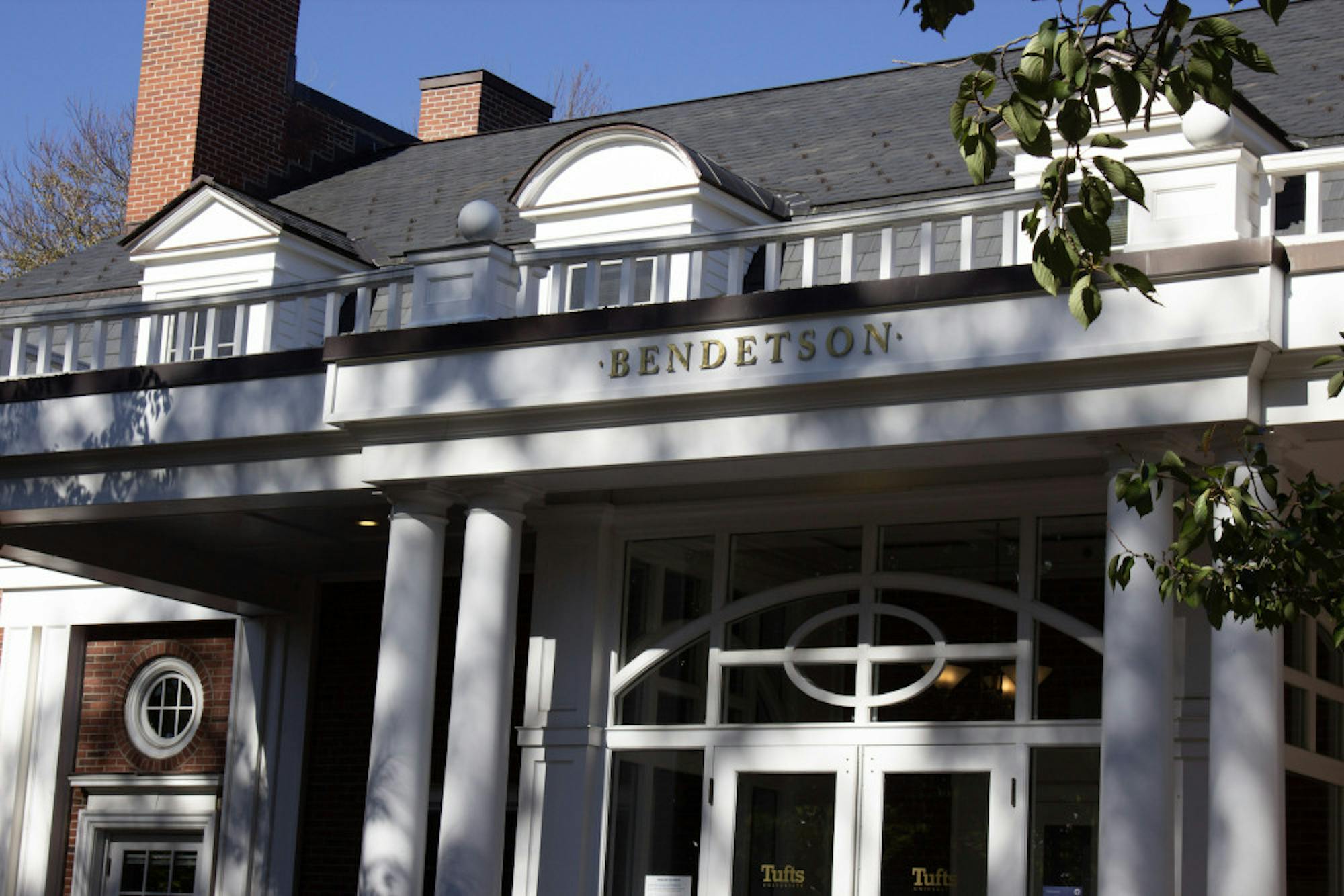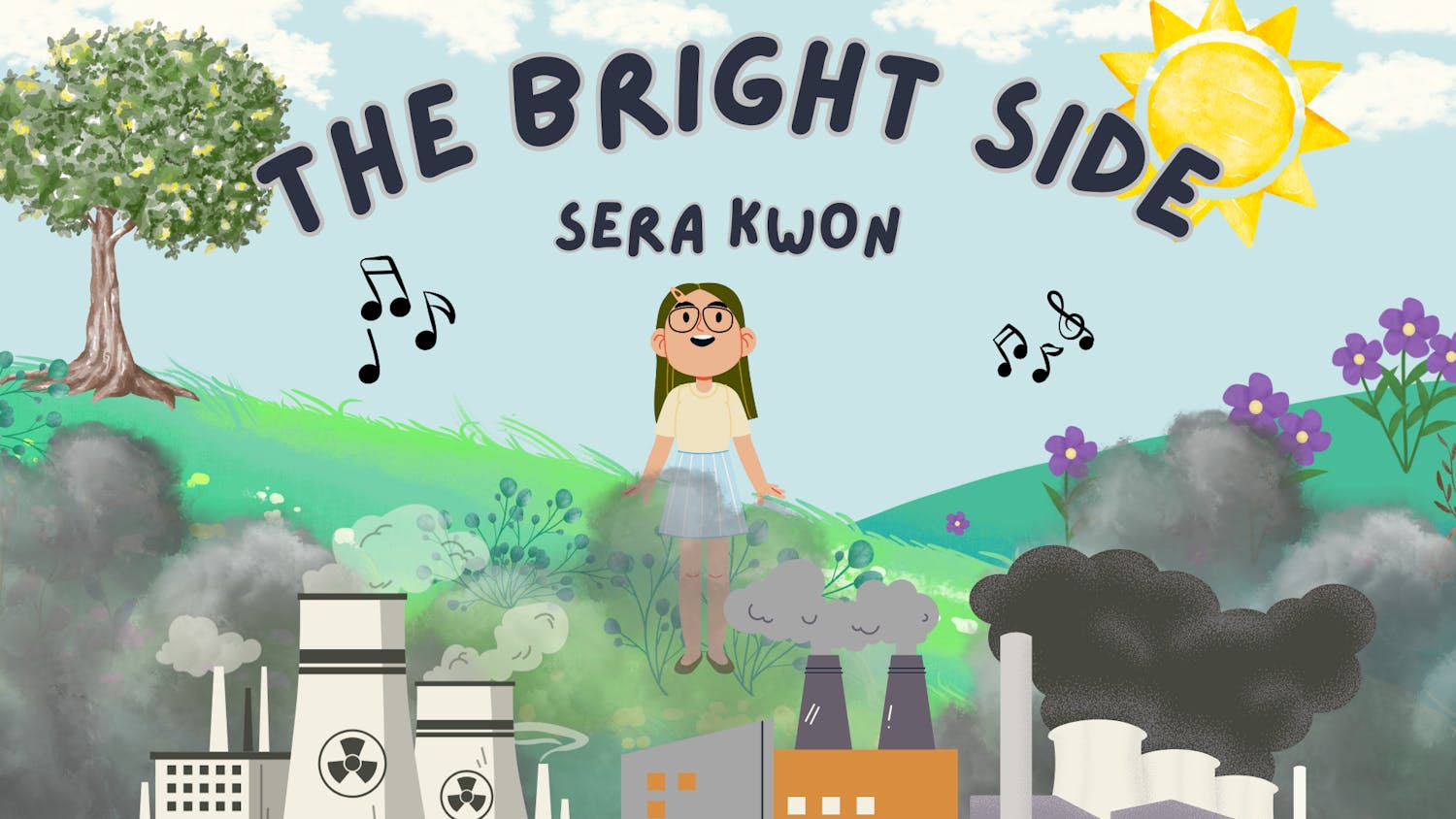Applying to schools can be a daunting process, particularly at the graduate level. As with many things COVID-19 has impacted, the application process to graduate schools is evolving under the circumstances.
At Tufts University School of Dental Medicine, interviews with applicants are now being done using video, according to Gillian Anzivino, director of admissions.
“While we miss seeing candidates in person, most people are now comfortable with video interactions,” she wrote in an email to the Daily. “Some applicants and interviewees have enjoyed the new flexibility.”
As part of the dental school application, applicants are now asked to share how they have been impacted by COVID-19. Robert Kasberg, associate dean of admissions and student affairs, has noticed a decrease in some applicants’ volunteer and community service hours due to the pandemic.
“Candidates will have to demonstrate their ability to communicate compassionately,” he wrote in an email to the Daily.
Since COVID-19 has limited the availability of hands-on experiences, Kasberg detailed how dental school applicants have simulated fine motor skills by not only working in a dental lab, but also through jewelry-making or playing the piano or guitar.
“During the pandemic, there might have been more time for applicants to practice some of those micro-motor skills,” he noted.
The Tufts University School of Medicine’s interview process has also been altered this year. The school has created a fully remote interview day, which “includes virtual interviews, live and pre-recorded talks for the applicants, a virtual tour, sessions led by current students, and a session for applicants who are underrepresented in medicine (URM), along with a session for those who identify with the LGBTQIA+ community,” David Neumeyer, dean of admissions at the Tufts University School of Medicine, wrote in an email to the Daily.
One of the questions added to the application is how COVID-19 has affected the applicants’ experiences so far. The Medical College Admission Test is also being accepted through the fall as it may have been disrupted earlier in the year. While only some applicants have had a more challenging time finding meaningful work compared to past years, Neumeyer expects more to have difficulty in gaining hands-on experience in the next cycle of applications.
“Gaining the experience in medicine is really not meant as much for us as an admissions committee, but rather for you as an applicant, so you can make sure that you are ready and understand as best as you can what it means to be a physician,” Neumeyer said.
Anne Moore, program specialist in the Office of Scholar Development, spoke to how being flexible with the changing times is crucial to COVID-19-impacted circumstances. One of her key takeaways is to translate hard skills into experiences that demonstrate a student’s values.
“If you want to go to [medical] school, ultimately what’s that about is helping people. And you know what people need right now, is help. It comes back to how to manifest your values most clearly,” Moore said. “Even though you may not be gaining those skills in the same timeline that you initially anticipate.”
In addition to application changes, the medical school's admissions staff has undergone counseling to adapt to the impact of COVID-19 on students’ applications.
“We have trained and will re-train our admissions committee to try to best understand what an applicant has to go through to be ready to apply to medical school,” Neumeyer said.
Its admissions staff has also conducted further training on diversity and inclusion in the university’s quest to become an anti-racist institution.
One of the trends multiple graduate schools have noticed is an increasing number of applications. Applications to the doctor of dental medicine program at Tufts University School of Dental Medicine are up 4% from this time last year, and applications to the school’s postgraduate programs are up 27% from this time last year.
Aviva Must, dean of public health programs and professional degree programs, saw increased interest in the master’s of public health program, both the on-campus and online formats, which she attributes to the awareness of the importance of public health.
“We had an uptick in applicants and in enrolled students, despite our on-campus program being remote,” she said.
“As with many things with COVID, many of us have become more extreme versions of ourselves. So if students had any hesitations about whether or not to go to grad school, I think that hesitation has become exacerbated,” Moore said. “I think students who have seen grad school as a key or logical next step are more motivated to go.”
According toa 2018 report from the U.S. Census Bureau, during the last recession, enrollment in higher education rose by nearly 3 million. While Moore stresses the importance of having a clear reason to go to graduate school, she acknowledged that going to graduate school during a bad economy is sometimes viewed as a way to gain credentials and enter the job market when the economy has rebounded. Applying to schools when plans have gone awry can be nerve-wracking, but Moore aims to advise students on adapting to the times, emphasizing that everyone is in the same boat.
“With my students, I tell them: Look, you’re stuck, and you’re feeling how am I going to do this, go to grad school, but the rules are changing and they always will,” Moore said. “So look at your feet and look for the opportunities where you are, and try to make the world better in whatever that means to you.”
On the graduate counseling side, Moore has been helping students frame their landscape. “I think about the future in three-to-six month blocks of time,” Moore said. The question she poses allows for ebbs and flows: What’s going to make the next season allow for a set of options that look appealing?






